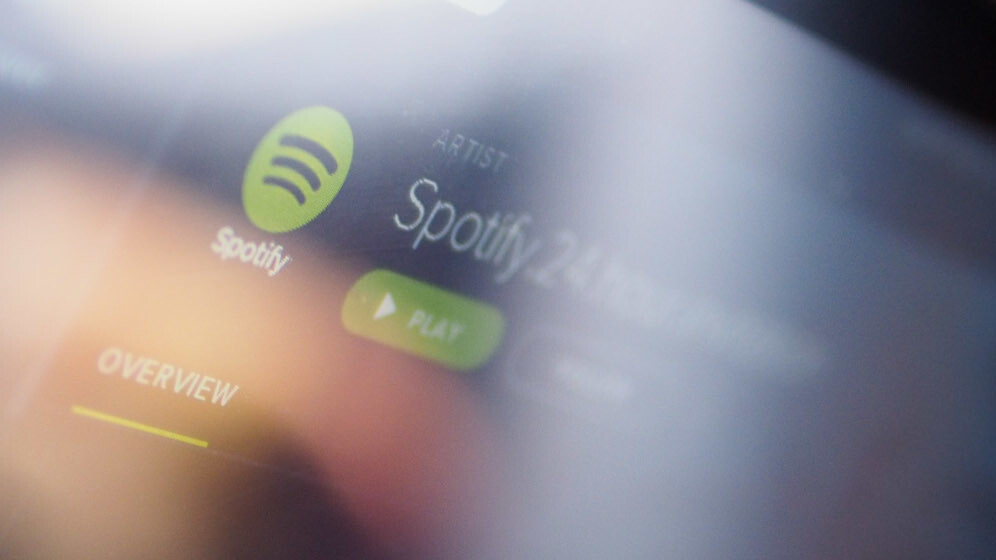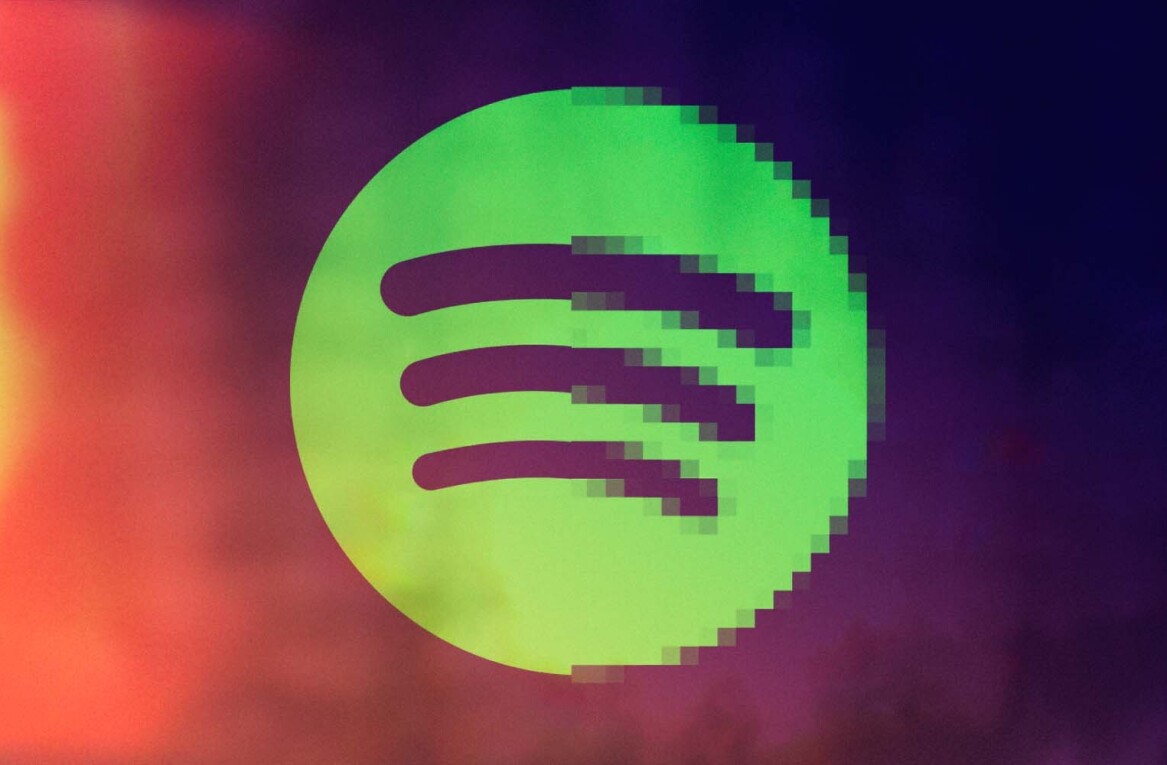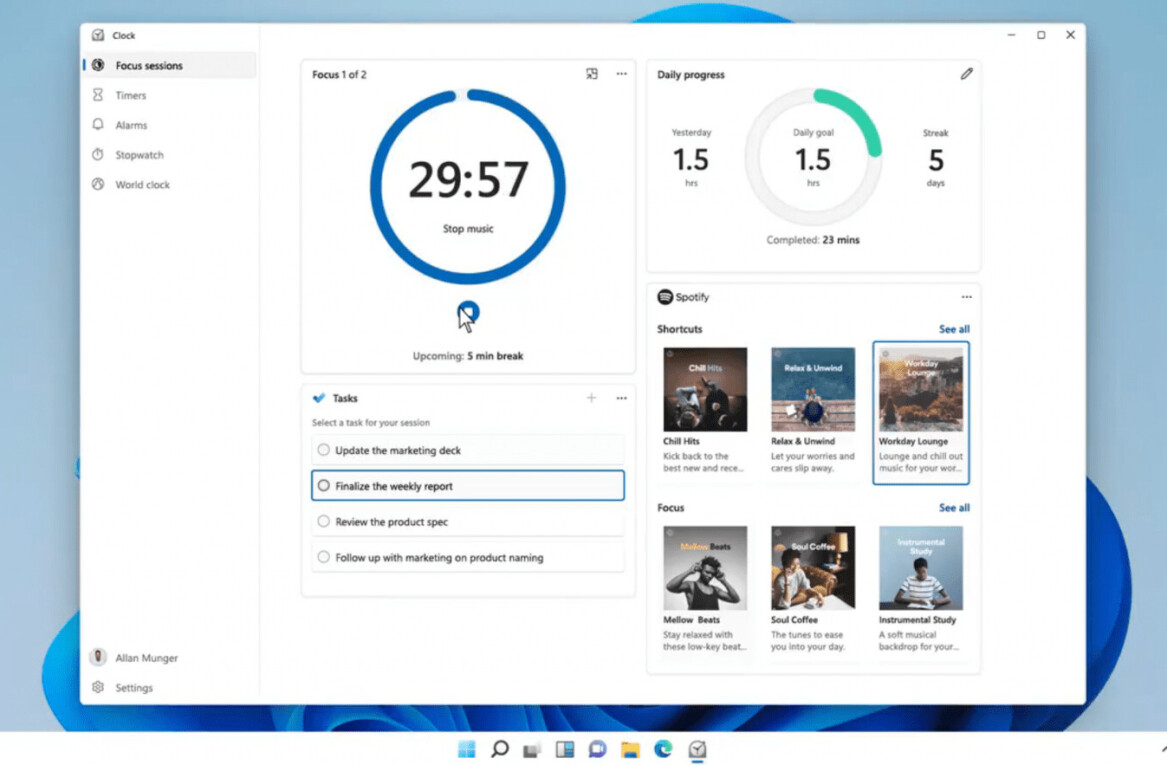
In April 2013, Spotify first entered Asia with its launches in Hong Kong, Malaysia and Singapore. Now it’s been just slightly over a year since its move into the region, but Spotify seems to be taking it slow with its expansion plans. Currently it’s only in five Asian markets after tacking on Taiwan and Philippines.
Globally, close rival Deezer is already present in 182 countries worldwide, whereas Spotify is only present in 57 countries. Sunita Kaur, director of Asia at Spotify, tells TNW that in the next 12 to 18 months, the music streaming platform has its eye set on more markets in Asia, and also globally.
“We want to be everywhere,” Kaur told us.
This entails doing more to raise its profile in Asia. Kaur said she feels that currently the company isn’t doing enough in this aspect, primarily because it has relied on organic growth in the region.
For the longest time, our users have been our marketers because there’s been a lot of talk about us. I think what we’ve seen is, a year in, we’ve got a bit of momentum — and we’re definitely going to do a lot more partnerships, with hardware and with media, and we are going to do more of on-ground events…
We want to do fun things that are very much a part of our personality. We’re not really good with the whole above-the-line advertising, that’s not really us. But we will be doing more branding — in terms of who we are, what we do.
For example, Spotify recently participated as the official music partner for The Music Run in Malaysia, and Kaur said there will be more of such event partnerships to come.
Kaur also said there will be more deals with telco companies to offer up music in a bundle for users, and partnerships with hardware companies.
“In terms of hardware, it’s TVs and speakers. Entertainment systems make a lot of sense for us,” she said. For example, Spotify Connect — the service’s Chromecast-style feature — recently landed on Samsung’s wireless audio multiroom speakers, allowing Premium users to stream music to more than two speakers at once directly from the app.
Spotify’s push on mobile has contributed significantly to its overall growth. Spotify revealed late last year that its free service now includes mobile phones and tablets, though it will involve shuffle mode only on phones – so it will be a radio-like experience where you don’t have full control over the order of play. There are also ads included in the free service, as is the case with all of Spotify’s free products.
Kaur said that a large part of Spotify’s recent milestone of 10 million paying subscribers and 40 million active users in 56 countries across the world, since its launch six years ago in 2008, was down to its mobile push.
I think on a global level, the one big major change that we made to our business that helped to push us towards that number (10 million subscribers) was really Spotify across all devices.
We made that change in December of last year, and it has gone down such a treat that I can’t even put it into words. Everyone loves it and it was the absolute right decision for us as a company, because not only does it put Spotify into more people’s hands, as our worldwide conversion is 20 percent, (this means) for every five people that try our service, one of them will become a paid subscriber. Just mathematically, the more people we can get to try us, the more people will buy us.
The effects of such a move are potentially greater in Asia. The region is undergoing a mobile revolution – roughly half of the world’s mobile connections are now in Asia Pacific, with some 1.6 billion unique subscribers, according to a report last year from the GSM Association. This means many people who access the Internet for the first time are coming online via their mobile devices, and their leisure habits are in turn formed on mobile too.
However, Spotify also sees competition even as it beefs up its mobile plans. A few months ago, Deezer also made its mobile app free for everyone, which comes in the form of a radio playlist unlike Spotify’s shuffle playlist.
Yet to Kaur, the greatest challenge for Spotify in Asia remains piracy.
“That’s the one point that takes up the most time and is the most on our mind… It’s a lot of education. And it’s wonderful to see governments getting involved,” she said.
Spotify recently launched in the Philippines, and Kaur revealed that when the company was working with the music industry board in the country, it found that the percentage of music that is listened to illegally topped 95 percent. “I knew it was high, but I didn’t think it was 95 percent high. As we launch in a lot of new markets, we will discover more,” Kaur said.
“A lot” in this case still remains a mystery though — Kaur was only willing to say that they are in talks with partners all over Asia, including Japan and China, but declined to reveal specific details. It will be a fight for music streaming services to first make an imprint on those two countries — China is notorious for rampant piracy, while Japan still has a strong CD culture.
Spotify has no lack of ambition though, and it would be interesting to see it move more aggressively in Asia as it seeks not only new users, but new markets. Kaur said with a laugh that despite all the competition (think Apple and Beats, Google and Songza), it is actually a “compliment” to Spotify that it’s doing something right, and she thinks they will “continue” doing better than everyone else so far.
Now that is up for debate, but there’s no doubt that Spotify is a music streaming service you’re going to hear more of in Asia in the near future.
First image via Music Run/Facebook
Get the TNW newsletter
Get the most important tech news in your inbox each week.







